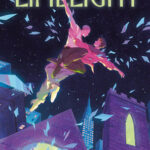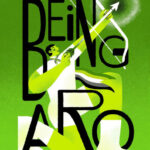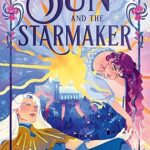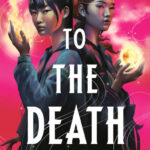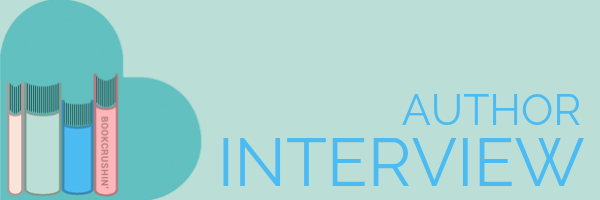
Guest Post: Huda F Wants to Know? by Huda Fahmy
We’re beyond excited to welcome National Book Award finalist Huda Fahmy for a special guest post in celebration of her latest graphic novel, Huda F Wants to Know?. The third installment in the Huda F series, this hilarious and heartfelt book is a must-read for anyone who loves graphic novels, comedy, and stories that dive deep into the human experience. We asked Huda to share her thoughts on using the graphic novel format to tackle complex topics with humor and honesty. Read on for her insights, and don’t forget to grab your copy of Huda F Wants to Know?, available now!
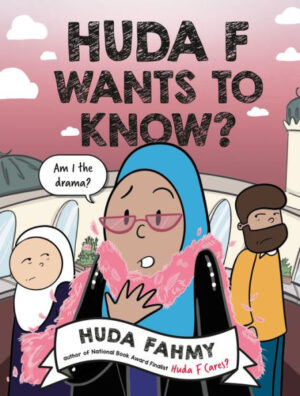
Huda F Wants to Know?: A Graphic Novel
by Huda FahmyPublished by: Dial Books
on April 1, 2025
Genres: Contemporary, Graphic Novel, Young Adult
Bookshop
Goodreads
In the hilarious and poignant follow-up to National Book Award Finalist Huda F Cares?, Huda's life and worldview is turned upside down when her parents announce they're divorcing.
Huda Fahmy is ready for junior year. She’s got a plan to join all the clubs, volunteer everywhere, ace the ACTs, write the most awe-inspiring essay for her scholarship applications. Easy.
But then Mama and Baba announce the most unthinkable they’re getting a divorce.
Huda is devastated. She worries about what this will mean for her family, their place in the Muslim community, and her future. Her grades start tanking, she has a big fight with her best friend, and everything feels out of control. Will her life ever feel normal again? Huda F wants to know.
Guest Post: Huda Fahmy on Graphic Novels
We’re all familiar with the old adage “a picture is worth a thousand words.” We know that a single image can evoke visceral reactions in viewers, much like graphic novels can evoke intense, emotional responses in readers. What makes graphic novels the perfect medium for telling stories is their ability to provide accessible entry points to these really big emotions. It’s an especially important medium for marginalized voices whose stories have been historically suppressed.
Many of us in the marginalized space use graphic novels to invite readers, young and old, to enter a world where our stories are visually represented. What I find most helpful with the graphic novel is that readers don’t have to struggle to understand or piece together abstract emotions, which allows me as an author and illustrator to tell a story that tackles tough or taboo subjects. The story is shared, and the emotions are depicted using concrete imagery, panel structures, colors, line art, shifts in style—the art and the text all meld to engage a reader’s visual and verbal channels. This dual-coding, a theory posited by psychologist Allan Paivio, helps readers engage both pathways at the same time, which helps them better comprehend difficult, abstract, or traumatic themes.
In my upcoming book Huda F Wants to Know? I write about mental health and divorce. In this third installment of the Huda F series, readers meet Huda at the beginning of her junior year of high school. She’s taking on loads of AP and dual enrollment classes, as well as studying for her ACTs and taking driver’s ed. As if she didn’t have enough on her plate, her parents announce they are getting a divorce, her whole world shifts, and she begins struggling with depression and anxiety. This eventually leads her to isolate herself from her family and friends.
This is why I value the graphic novel medium so much. Because while the topics are more serious in this book, the way I choose to visualize Huda’s experience through exaggerated facial expressions, panel transitions, and the use of a simplistic/cartoonish art style makes it lighthearted and very accessible. That’s always been the goal no matter what subject I tackle.
Can I make readers laugh while also leaving them with a better understanding of the Muslim, first-generation Arab-American experience? I sure hope so…but honestly, Huda F knows?
Thank you to Penguin Random House for gifting a finished copy!


